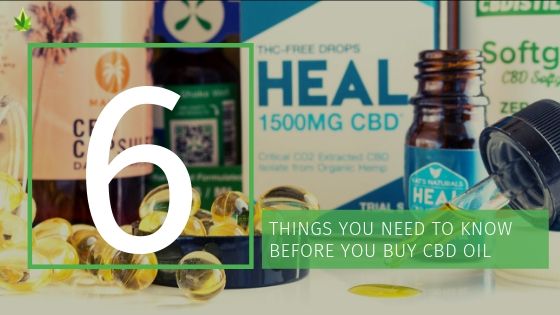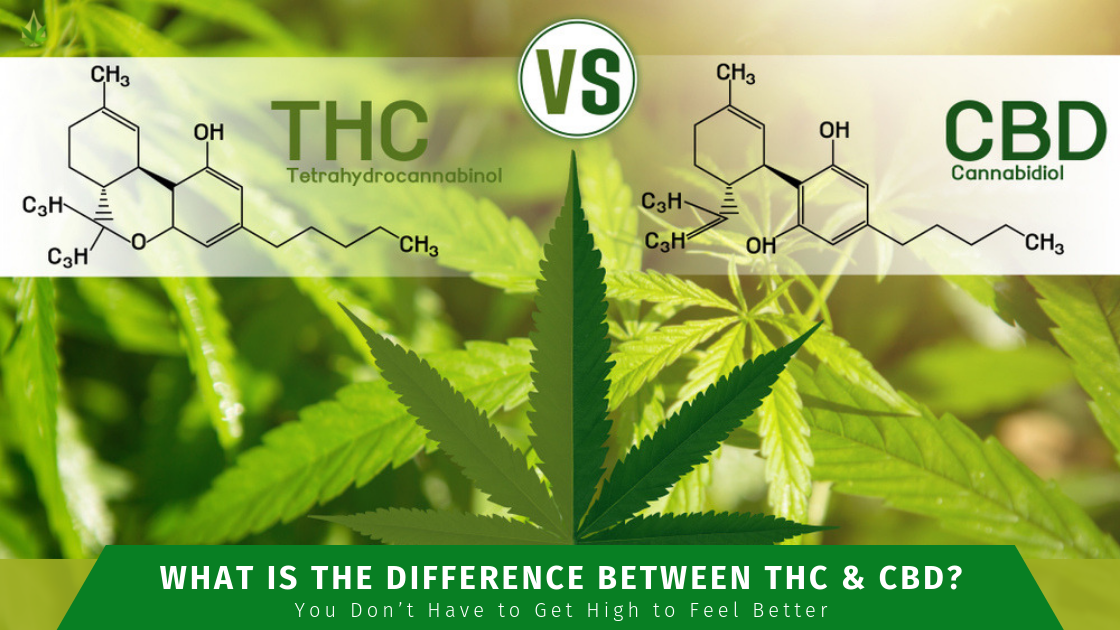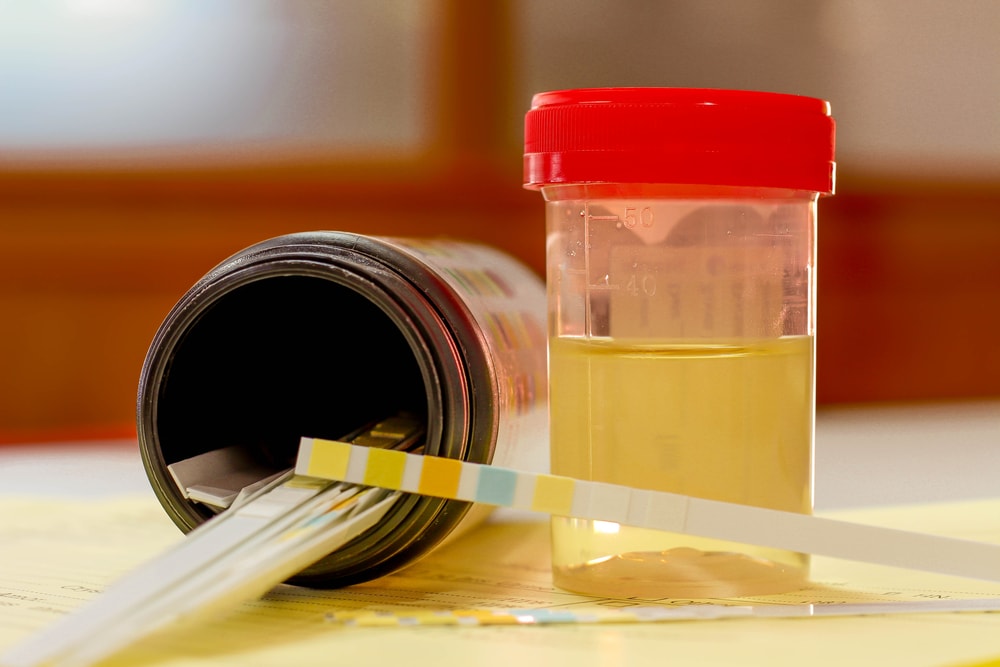With so much buzz around the efficiency of CBD oil for hard-to-treat mental and physical illnesses, many consumers are interested in trying it, but don’t know where to begin. Common questions such as, “Will CBD oil get me high?” and “Do pricier versions of CBD oil work better?” sneak into the shopping process. These questions and more are answered below as we address six things you need to know before you buy CBD oil.
1. How much THC is in CBD oil?
THC is still federally illegal; however, the Farm Bill of 2018 makes the production, distribution, and use of CBD oil federally legal. John Hudak at the Brookings Institute explains that “hemp is defined in the legislation as the cannabis plant (yes, the same one that produces marijuana) with one key difference: hemp cannot contain more than .3 percent of THC (the compound in the plant most commonly associated with getting a person high.)”
These trace amounts of THC aren’t enough to produce psychoactive effects; however, they may still produce a positive result on a drug screening. Choosing the right extraction process can go a long way in avoiding this confusion when you buy CBD. Take a look at question number five for more information on the extraction processes.
2. How do I determine the concentration of CBD in each product?
To make a savvy CBD purchase, take a look at the concentration percentage printed on the packaging label. It should contain between 250 and 1,000 milligrams per one fluid ounce. If you purchase a five-ounce bottle with 250 milligrams, you’re getting a product with just 50 milligrams per one fluid ounce, which doesn’t provide the minimum concentration needed to effectively address ailments.
3. How can I verify that the CBD I choose is free of contaminants?
This is a tough one. Contaminants don’t make a meaningful change in the way CBD looks, smells or tastes. With restrictions just recently being lifted on the use of CBD, we have a long way to go before regulations begin to address quality standards for CBD manufacturers.
However, that doesn’t leave a CBD consumer at the mercy of the manufacturer. Qualified independent laboratories can test the product to ensure that you’re buying what you intend to be buying. All CBD products should be free of pesticides, heavy metals, bacteria, or any other foreign matter.
4. How can I tell how much CBD is in each product?
We discussed the concentration of CBD in each product per fluid ounce in question two. This question is different in that it asks about the total volume of CBD in each product. The label on the packaging announces the total amount of CBD in the product. In the case of the example of the five-ounce bottle above, one would refer to the label to determine that there are 250 milligrams of CBD in the whole bottle.
5. What is the difference between the extraction processes?
Separating CBD oil from a hemp plant can be complicated and there’s more than one way to do it. Each extraction process offers a unique benefit; choosing the right extraction process for your needs is imperative for the best results.
Project CBD points out the difference between these processes:
- CO2 extraction: The CO2 method uses carbon dioxide under high pressure and extremely low temperatures to isolate, preserve, and maintain the purity of the medicinal oil.
- Ethanol: High-grade grain alcohol can be used to create high-quality cannabis oil appropriate for vape pen cartridges and other products.
- Olive oil: Extra virgin or otherwise, olive oil can also be used to extract cannabis oil; however, cannabis-infused olive oil—whether CBD-rich or THC-dominant—is perishable and should be stored in a cool, dark place.
6. Should I splurge on expensive CBD products?
Due to the complicated extraction processes, CBD oil may seem expensive in some cases. Extracting pure CBD from hemp requires expensive equipment and extensive knowledge, which commonly leads to a higher retail price. Purchasing CBD that has gone through the CO2 method of extraction, while often more expensive, also offers many benefits. According to Andrew Havens of the National Pain Report, these benefits include extraction from organically grown hemp – eliminating the risk of chemical residues and resulting in higher concentrations of CBD, as well as quality confirmation from qualified third-party laboratories before delivery to the consumer.
Hopefully, this gives you some better direction that leads you to feel more confident when you buy CBD oil.





No Comments